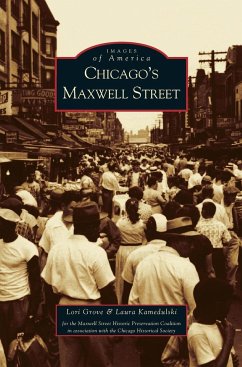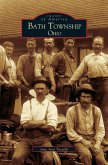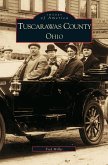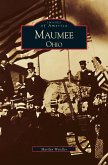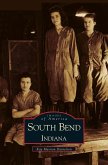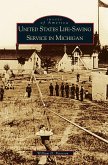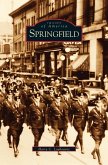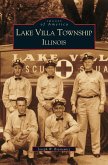I know a Jew fish crier down on Maxwell Street with a voice like a north wind blowing over corn stubble in January. . . .His face is that of a man terribly glad. . .that God made fish, and customers to whom he may call his wares from a pushcart. Carl Sandburg, from Chicago Poems, 1916. "Maxwell Street preserved old world culture, whether from the Ukraine, Mexico or Mississippi. A grassroots avenue for survival got created there for immigrants and poor people. Its existence, though old and weary, gives meaning to our daily living and working in Chicago." Studs Terkel, broadcaster, oral historian, & author. "Maxwell Street became the Ellis Island of the Midwest for 100 years. Other market streets existed, but Maxwell Street was the biggest and brassiest, combining a kaleidoscope of races and religions, of businessmen, hustlers and musicians. It was a national treasure." Ira Berkow, New York Times columnist & author of Maxwell Street: Survival in a Bazaar. "Maxwell Street was a shopping and amusement center. The guys that played [there] in the 1940s, [myself], Moody Jones, Floyd Jones, Little Walter - we built the road for the blues in Chicago for Muddy Waters, Howling Wolf and all the rest. We were the pioneers of the blues." Jimmie Lee Robinson, Chicago blues musician
Hinweis: Dieser Artikel kann nur an eine deutsche Lieferadresse ausgeliefert werden.
Hinweis: Dieser Artikel kann nur an eine deutsche Lieferadresse ausgeliefert werden.

